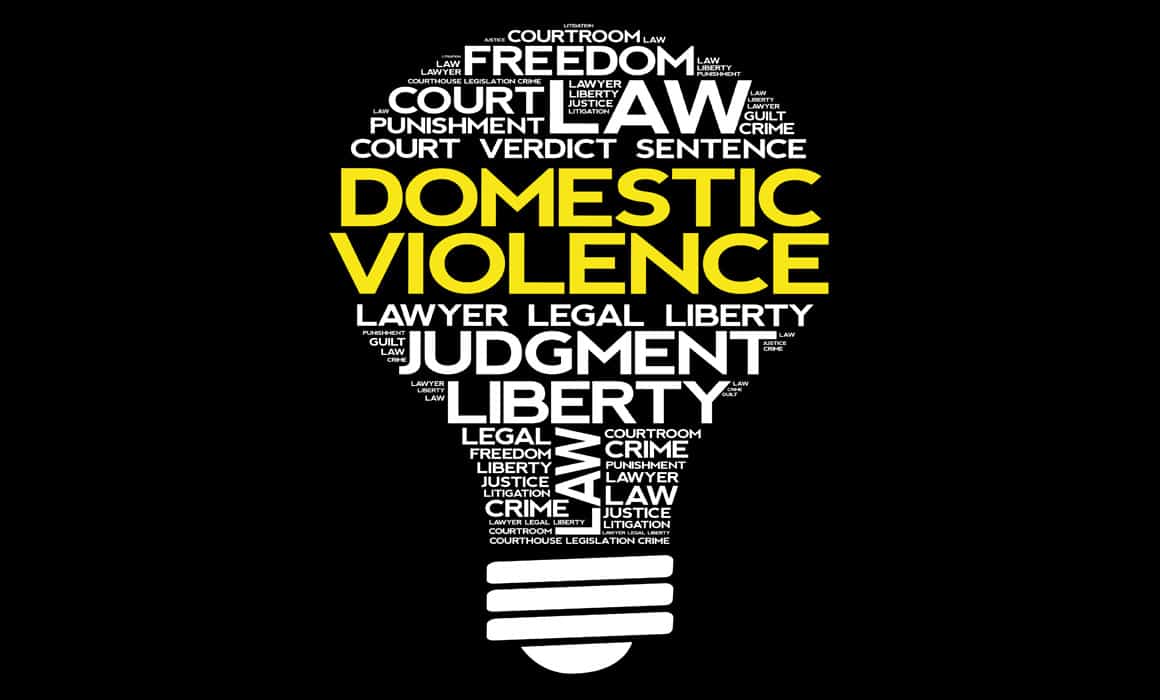I was Falsely Accused of Domestic Violence, What Should I Do?
Domestic violence happens when a level of abuse directed by someone against another person in their household is severe enough to be considered criminal. There are three types of acts that can be considered domestic violence:
- Physical and/or sexual violence
- Psychological violence
- Economic abuse
Remain Calm
If you have been falsely accused of one or more of the different types of domestic violence, the first thing to do is remain calm. Emotions and frustrations will be high, and you will need to avoid behavior that makes you appear guilty. You must not escalate the situation or allow yourself to be prodded into actions that could lead a judge or jury to believe you are violent or abusive toward the accuser.
Someone who raises false accusations is a person who may be emotionally unstable, seeking revenge, or otherwise attempting to circumvent the justice system. One common example is when a spouse in a divorce proceeding attempts to bolster a case for a greater amount of alimony or child support by falsely claiming their spouse committed domestic violence. Understanding the circumstances around the false accusations is likely to help in developing your defense.
Precautions to Take to Protect Yourself
An accuser making false statements against you generally intends to do you harm. It makes sense to take certain precautions to protect yourself from other forms of attack in addition to the false accusation.
The following preemptive acts may save you a great deal of trouble later. It is a good idea to locate and remove to a safe place valuable records such as your birth certificate, social security card, driver’s license, car registration and title, and the like. In addition, you may need to limit access to your personal funds kept in any joint accounts. Finally, change login passwords for important accounts and devices. Bank account software, computers, cell phones, and similar access should all be protected.
Even though it is embarrassing to be falsely accused, there are some people that should know what is happening. Let a trusted member or members of your family know that you have been charged with committing domestic violence. If the accuser has been conducting themselves inappropriately in other ways, it could be helpful, both as an emotional outlet and as a barrier to future misunderstandings, to let them know of the conduct in real time.
You may need a confidant to share your concerns. Be very careful who you select. Public knowledge of the fact of your being accused of domestic violence can be disruptive to personal and business relationships, even if you are later cleared of the charges.
Minimize contact with the accuser. They could instigate a fight and create the basis for obtaining a restraining order or attempt to develop evidence against you.
Do not discuss the issue with detectives or police until you have legal representation. This is your right and it is important to exercise it. A good lawyer will protect you from unethical investigative techniques and making statements that could be misconstrued as admissions.
Contact an Experienced Haddonfield Criminal Lawyer at Aita Law, LLC if You Were Charged with Domestic Violence
If you have been accused of domestic violence, be sure to seek legal representation before speaking to anyone about the allegations. At Aita Law, LLC our criminal law practice has over 25 years of experience successfully defending cases involving false charges of domestic violence. Contact us online or call 856-287-7800 to set up a free initial consultation with a seasoned Haddonfield criminal lawyer. From our offices in Haddonfield, New Jersey, we represent clients in Cherry Hill, Haddonfield, Camden County, and throughout South Jersey.

